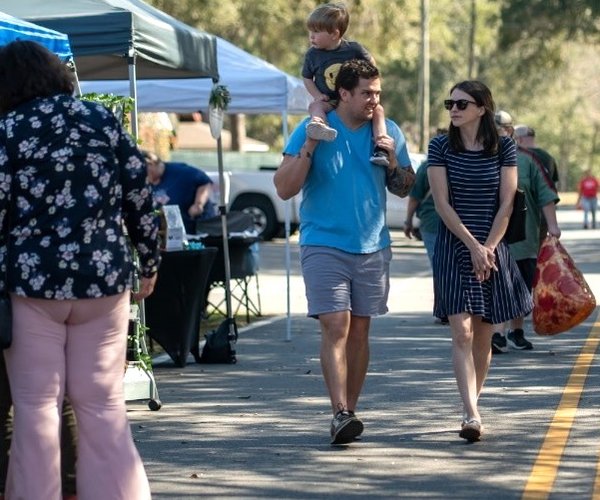Money is being wasted! Not just on the absurdly expensive television you decided to purchase for college football, but also on discarding leaves. Leaves that are placed on the curb for the city to pick up are much more valuable in a pile in the backyard. Leaves are packed with nutrients and organic matter, which greatly improve soil quality.
So, how do we build this pile in the backyard? Isn’t it tough to get the right amount of yard waste to make a compost pile? Fortunately, the bullet points below make composting easy.
Easy, but slow compost — Pile leaves, grass and cut up branches in an out-of-the-way place in your yard. Wait a year and then dig underneath the pile for the finished humus the worms have made for you.
Quick compost — Make a compost pile or bin about 3 feet wide and 3 feet high.
• Chop particles as small as possible.
• Mix “green” (like grass) and “brown” (like leaves) material.
• Keep the pile moist, like a wrung-out sponge.
• Turn the pile with a pitch fork at least once a month.
You can compost:
• Vegetable and fruit scraps (bury these in your pile)
• Wetted-down paper napkins, paper towels, paper board
• Plant material
• Animal manure (except dog or cat manure)
Avoid composting:
• Dog or cat manure (can carry disease transmittable to humans)
• Meat, milk, bones, cheese, fish, bread or oily kitchen wastes (can attract undesirable varmints)
• Grass or plant material treated with herbicide
• Invasive plants (like ivy) or weeds, unless thoroughly sun-dried
Vermicomposting class at the Effingham County Extension Office
If you would like to avoid doing the work all together but still want compost, let someone else do it. I am talking about vermicomposting or composting with worms!
These creatures happily make compost from simple kitchen scraps and leaves or paper. A small storage tote makes for a great vermicomposting bin. These containers are easy to move and can be placed off to the side and out of the way.
If you would like to know more on how to start a vermicomposting bin or composting, Effingham County Extension will be hosting a class about vermicomposting at the office Oct. 6 during the day. Contact the office for more information.
For more information or questions, contact Effingham County Extension Agent Sam Ingram at 856-8997 or singram@uga.edu.








